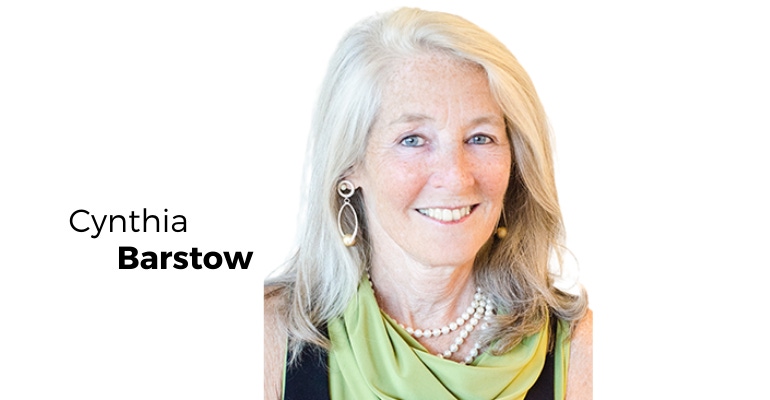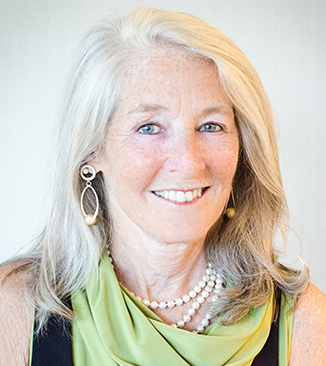As consumers become more aware of packaging's environmental effects, brands must talk with their suppliers about reducing their use of toxic chemicals.

You've heard the buzz: BPA, BPS, BPF, PFAS, Phthalates—Chemicals in packaging shower the news with reports of toxicity to the human body. These chemicals can leach out of packaging as it degrades with heat and time and can migrate into the product within the package. From there, they may be ingested through foods or beverages or, in the case of personal care and cosmetics, dermally absorbed.
Scientists are finding a concerning increase of these chemicals in our bodies and are studying the impact they may have on our health. These chemicals can cause myriad issues, including cancer and a decrease in human fertility. Packaging plays a critical role in our lives, so how can we work together to remove chemicals of concern from packaging and our supply chain? Here are four tips on how to start talking about this issue.
DO review the list of chemicals of concern in packaging and send this list to your packaging supplier. Here are two resources that contain a list of mostly the same chemicals of concern—one developed by large multinationals for The Food Safety Alliance for Packaging and the other from The Environmental Defense Fund. Use these resources to engage in conversations with your leadership and your packaging suppliers. If you are looking for additional information, here is another resource that goes into more detail: Food Contact Chemicals Database. We can assume that this list will grow. With 85,000 chemicals in use and approximately 7% fully reviewed for safety, it is inevitable that as the science is published, more concerns will be identified.
DON'T assume recyclables are clean. A report from the International Chemical Secretariat, "What goes around: Enabling the circular economy by removing chemical roadblocks," covers the issue. The chemical content of a recycled item is dependent not only on the plasticizers and chemicals already present in virgin material, but also on the additional plasticizers and chemicals that are added during the new production process. "What goes around: Enabling the circular economy by removing chemical roadblocks"
DO be aware of regrettable substitutions. "Whack-a-mole" is often used to describe eliminating one chemical with another, only to have it emerge as problematic too. One example of this is replacing BPA with the potentially more hazardous chemical BPS.
DON'T ignore the issue. As consumers are becoming more aware of the negative impacts of packaging, you want to be ahead of the curve.
Protecting the health of our families, communities and customers is vitally important. While this is a complex problem, we can solve it if we work together. This is not a problem that will be solved overnight, so it is important that we all stay engaged and continually raise our understanding of this issue.
To stay informed, connect with the Food Packaging Forum in Zurich, Switzerland, an organization that is a lead on the issue, thanks to the European Union's Registration, Evaluation, Authorization and Restriction of Chemicals (REACH) Regulation. Its newsletter is packed with helpful information. Protect Our Breasts continues to share what we can on the issue via our Blog Posts. As an added bonus for brands that are ready to take action on this issue, Protect Our Breasts endorses organic brands that make a commitment to "work on it" and identifies them as a Safer Alternative Brand Partner. If you would like to become a brand partner, please email me, [email protected], or [email protected]
Cynthia Barstow, a breast cancer survivor, is the founder and executive director of Protect Our Breasts, an initiative at the University of Massachusetts Amherst, hosted by the Isenberg School of Management.
Have some big ideas or thoughts to share related to the natural products industry? We’d love to hear and publish your opinions in the newhope.com IdeaXchange. Check out our submission guidelines.
About the Author(s)
You May Also Like




